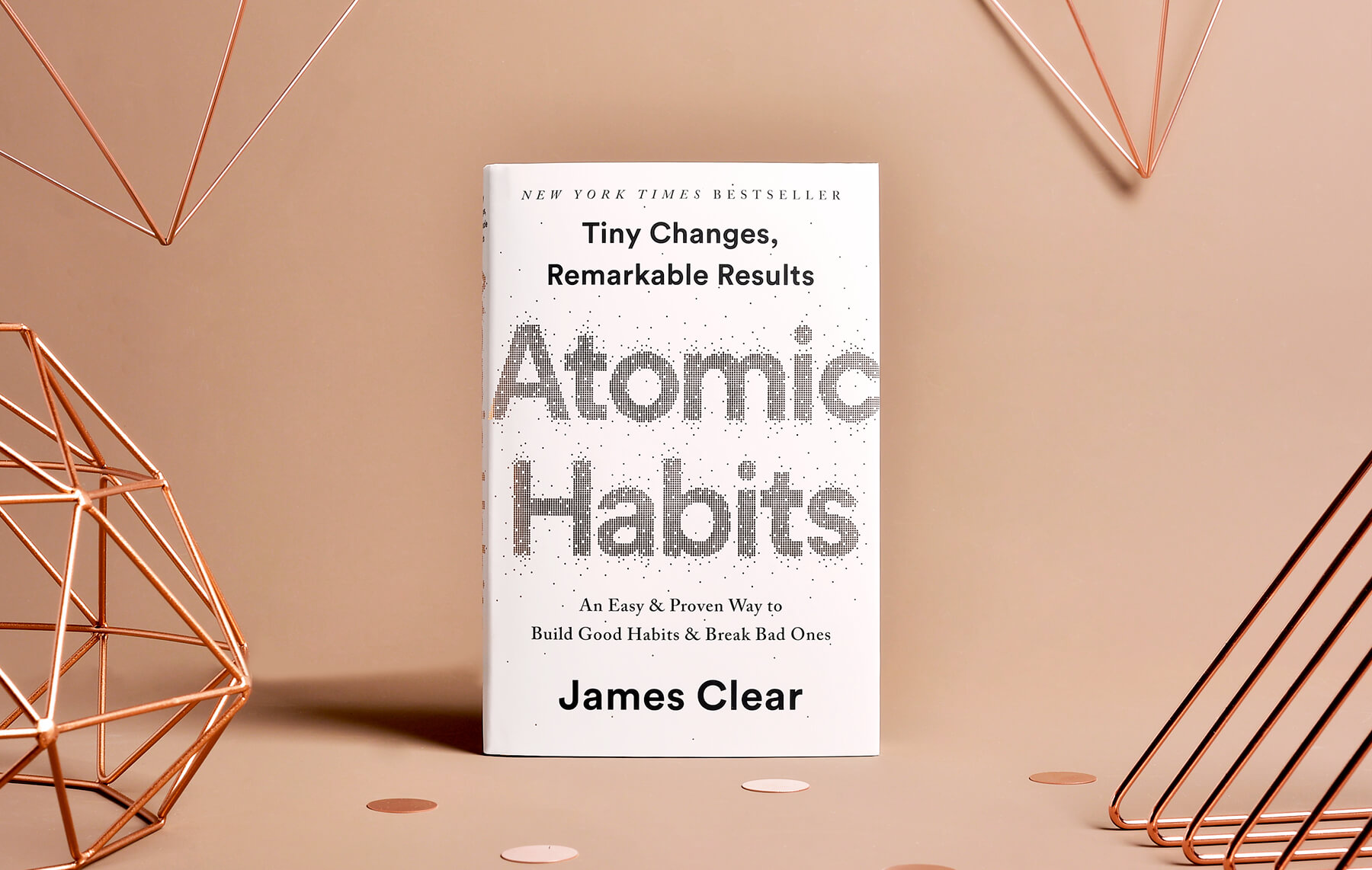Green420
Well-Known Member
This post is part 2 of 2 of a post that starts on the previous page.
I believe it's a basic phenomenological mood that one can experience, the ethical mood, where one sees the possibilities presented to them ready to hand in Heideggerian terms. We can see possibilities for justice, possibilities for freedom, and removing injustice which presents itself to us as what are truly the opposite of Christian values - the prosperity gospel, which ignores that the rich have a better chance getting into heaven through the eye of the needle as opposed to if they gave up their stuff and followed Jesus, and Jesus's destruction of the market in the temple, based on my limited knowledge of the Christian faith.
Thank you.
I will have to add Indigenous People's History of the United States to my shelf. I have some Angela Davis on my shelf as well. I have read a bit about the history of genocide through the Native Americans, Perlmans account is particularly harrowing. There is nothing I think people in general need to do more than read about the horrors of genocide, but especially white people. I always knew the native American genocide was a horror, but when I read about it it inflamed my imagination with horrors and anger I had never felt before. But I want to express that I don't mean to say anger is how I hope to solve the issue. Libertarian communism is.Graeber and Wengrow's "Dawn of Everything" is one of those books that I think every statist would benefit from. I haven't done "Debt" yet but it is also on the list after a friend recommended it. I want a better understanding of the origins of currency and then subsequent debt-based economics, although I understand there are some minor criticisms of some of the research that Graeber tightened up with DOE. Between Graeber and now Roxanne Dunbar-Ortiz's "An Indigenous Peoples' History of the United States" and some Angela Davis, I've had a good crash course in indigenous genocide and--most importantly--how it feels like the genocide may soon lose steam and radical communities are bringing indigenous people and lifeways back as the empire crumbles.
Yes, I do not believe in a binary good or bad either, there are shades of good or bad; Franz Fanon's Wretched of the Earth showed that a lot of the things he had to do, like set up schools in the middle of Algeria during the revolution, was a huge technical problem. Sometimes there are not really good solutions - you need a crappy school in order to get people out of warlord gangs. But it is good to recognize that there is a good, and capitalism as Deleuze and Guattari tells us, says there's no good and bad, and this is the cynicism which is produced by capitalism. Capitalism likes it when we don't change the status quo. So knowledge is not absolute, it is always pushing beyond the limit, but at the same time recognizing that there's a good means that we can recognize how to improve the world.Amen again to all of this!! Ethics becomes difficult when you are constantly fighting for survival and are regularly told that the means to survive is to cast aside ethics rather than to develop a new ethics for a new situation. People are taught that they can be either good or bad, and the idea that there can be nuance beyond that would force people to accept that they aren't all-good as they so want to be thanks to lots of Abrahamic conditioning that set the scene for "objective" reality which capitalism and the nation-state so heavily rely on. Discussing ethics in-person in my neighborhood has proved fruitful because it gets folks to question some of the narratives the state has provided.
Thank YOU again for the book!!!
I believe it's a basic phenomenological mood that one can experience, the ethical mood, where one sees the possibilities presented to them ready to hand in Heideggerian terms. We can see possibilities for justice, possibilities for freedom, and removing injustice which presents itself to us as what are truly the opposite of Christian values - the prosperity gospel, which ignores that the rich have a better chance getting into heaven through the eye of the needle as opposed to if they gave up their stuff and followed Jesus, and Jesus's destruction of the market in the temple, based on my limited knowledge of the Christian faith.
Thank you.
Last edited:

